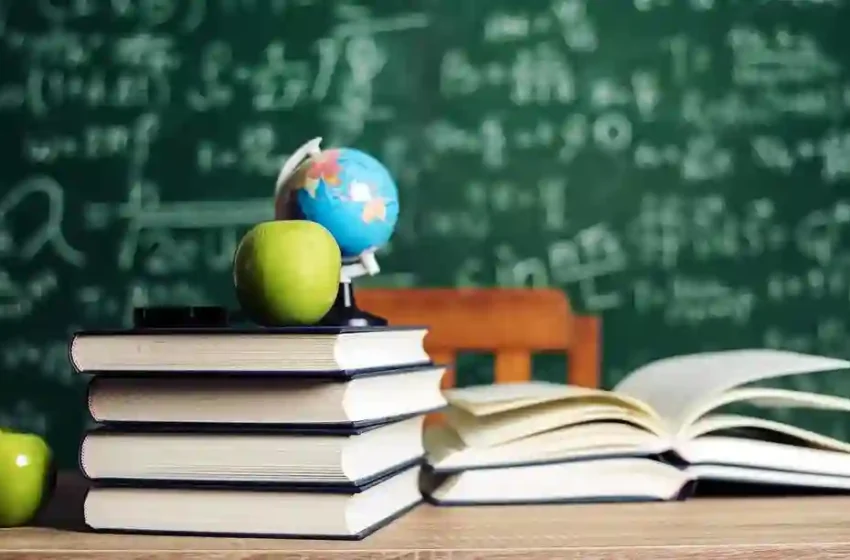
Education and Personal Responsibility: Making Informed Choices
In today’s rapidly changing and interconnected world, the concept of personal responsibility is more crucial than ever. Personal responsibility encompasses the choices we make, the actions we take, and the consequences we face as a result of those decisions. Education plays a fundamental role in shaping individuals’ ability to exercise personal responsibility by providing them with the knowledge, skills, and values needed to make informed choices. In this article, we will explore the profound relationship between education and personal responsibility, highlighting how education empowers individuals to navigate life’s complexities and contribute positively to society through responsible decision-making.
Understanding Personal Responsibility
Personal responsibility is a multifaceted concept that involves various dimensions:
- Decision-Making: Personal responsibility involves the ability to make thoughtful and informed decisions, taking into account potential outcomes and consequences.
- Accountability: It includes being accountable for one’s actions and choices, recognizing that our decisions have an impact on ourselves and those around us.
- Self-Management: Personal responsibility also encompasses self-management, which involves setting goals, prioritizing tasks, and staying disciplined in pursuing them.
- Ethical Considerations: Responsible behavior includes adherence to ethical principles and moral values, making choices that align with one’s principles and beliefs.
- Adaptability: Being personally responsible means adapting to changing circumstances and learning from mistakes to improve future decisions.
The Role of Education in Personal Responsibility
Education plays a pivotal role in shaping individuals’ capacity for personal responsibility by providing them with the tools and mindset needed to make informed choices. Here’s how education contributes to personal responsibility:
- Knowledge Acquisition: Education equips individuals with a broad base of knowledge in various subjects, including science, history, literature, and ethics. This knowledge forms the foundation upon which informed decisions can be made.
- Critical Thinking: Education fosters critical thinking skills, allowing individuals to evaluate information, analyze situations, and consider multiple perspectives before making decisions.
- Ethical Education: Many educational institutions incorporate ethical education into their curricula, helping students develop a strong moral compass and a sense of responsibility toward others and the environment.
- Problem-Solving Skills: Education provides individuals with problem-solving skills, enabling them to address challenges and make decisions in complex situations.
- Emotional Intelligence: Education can also promote emotional intelligence, helping individuals understand and manage their emotions, which is essential for responsible decision-making.
- Information Literacy: In the digital age, information literacy is crucial. Education teaches individuals how to discern credible sources of information and avoid misinformation and manipulation.
- Financial Literacy: Understanding personal finance, budgeting, and financial planning are integral aspects of personal responsibility. Education can impart these essential skills.
- Social Responsibility: Education often includes discussions about social responsibility, encouraging individuals to consider their impact on society and make choices that benefit the greater good.
Challenges and Opportunities
While education plays a crucial role in fostering personal responsibility, several challenges and opportunities exist:
- Access to Quality Education: Access to quality education is not equitable worldwide. Disparities in educational opportunities can hinder the development of personal responsibility in marginalized communities.
- Curriculum Design: The design of educational curricula can influence the development of personal responsibility. Balancing academic content with life skills and ethics education is essential.
- Cultural and Social Factors: Cultural norms and social environments can either support or inhibit the development of personal responsibility. Education should encourage values and behaviors that align with responsible decision-making.
- Technological Advancements: Technology can enhance educational experiences, but it also presents challenges, such as ensuring that technology-driven education promotes personal responsibility.
Conclusion
Education and personal responsibility are intertwined forces that shape individuals’ capacity to make informed choices and contribute positively to society. Education equips individuals with the knowledge, skills, and values needed to exercise personal responsibility in a complex and interconnected world.
As educators, learners, and advocates for education, we must recognize the profound impact education has on personal responsibility. By providing individuals with the tools to think critically, make ethical decisions, and manage their lives effectively, education empowers them to navigate the complexities of the modern world and make choices that align with their values and principles.
In a world marked by rapid change and evolving challenges, personal responsibility remains a cornerstone of individual and societal well-being. It is through education that we cultivate responsible decision-makers, ethical leaders, and engaged citizens who understand the consequences of their choices and are committed to making a positive impact on their communities and the world at large. Personal responsibility is not only a product of education; it is also a fundamental principle of a just and responsible society.

